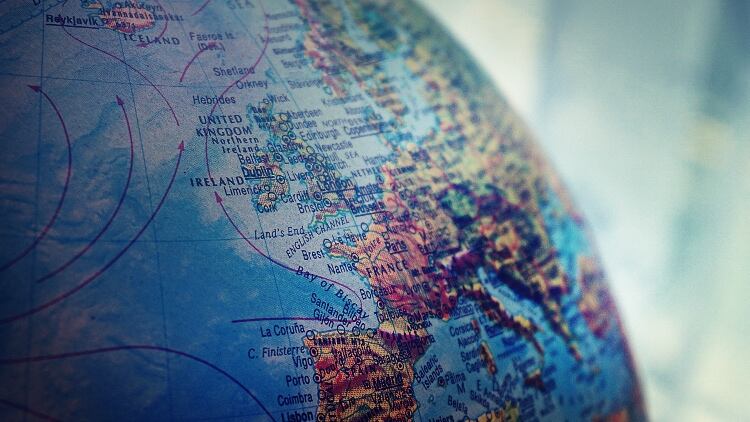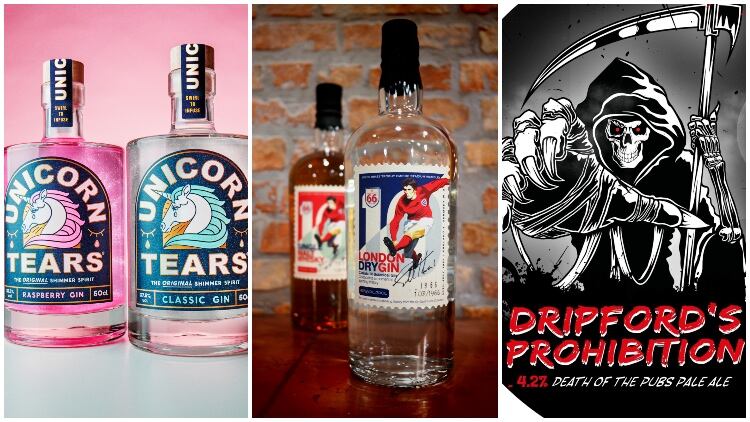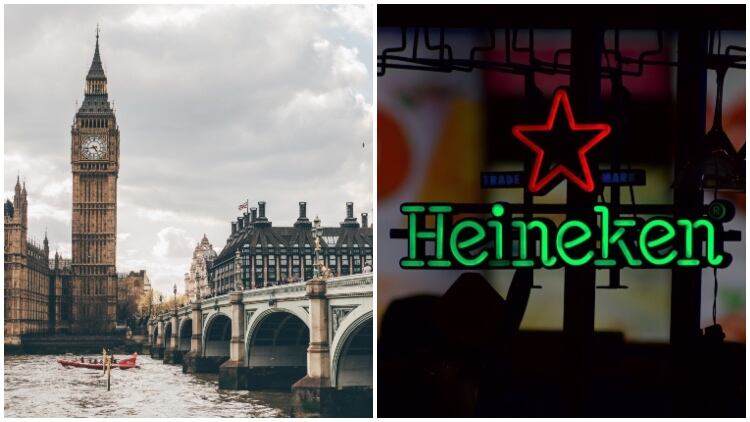As reported by The MA, Prime Minister Boris Johnson imposed similar lockdown restrictions in England to those seen in March during an address on the evening of 4 January – once again urging people to stay at home.
The Prime Minister stated that such measures will last until at least mid-February, although no firm lockdown exit date was confirmed.
The news comes after all but six of England’s pubs were shuttered following a tier review on 30 December.
While pubs closed under the tiered alert system were able to operate takeaway and delivery services, the latest restrictions mean that hospitality venues will no longer be allowed to offer click and collect sales of alcohol – though operators will be able to provide food and non-alcoholic drinks for takeaway and click-and-collect until 11pm.
The MA is seeking to clarify the exact rules around the delivery of alcohol, which is still permitted according to the Government’s website.
With the news coming hours after Scotland’s first minister Nichola Sturgeon imposed similar lockdown measures north of the border, The MA gauged the state of play across the rest of Europe to determine how and where pubs and bars were still able to trade.
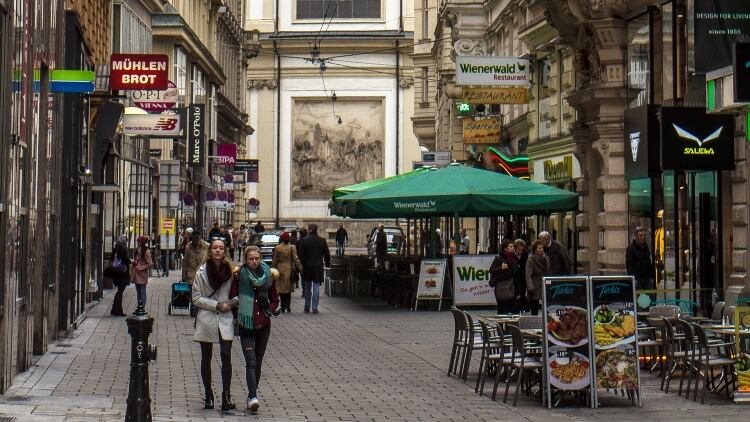
Austria - Austria is currently enduring a third national lockdown – in place from 26 December until 17 January – during which, non-essential shops have been shuttered and people have been ordered to stay at home, both day and night, except for essential journeys.
As part of this, restaurants, bars and cafés are only allowed to provide take away orders 6am and 7pm, though venues can offer 24-hour home delivery services.
Belgium – From 1 December, Belgium’s non-essential shops have been open at reduced capacity, welcoming individual shoppers for 30-minute stints during which they are required to wear face masks and sanitise their hands.
Hospitality businesses remain closed, however. While they’re able to offer takeaway meals until 10pm, no alcohol sales are permitted between a dry 8pm to 5am spell.
Bulgaria - Face masks are required in all of Bulgaria’s closed public spaces alongside a mandatory 1.5m distancing policy. Additionally, all business owners whose activity is not temporarily suspended are required to limit the number of customers in the site, establishing a maximum capacity of one person per three square metres.
In addition, bars, restaurants and cafés are closed until 31 January, with only home delivery permitted. However, tourist accommodation businesses are allowed to cater for guests between 6am and 10pm at 50% of their capacity.
Croatia - Restaurants, bars and cafés are closed in Croatia, however food-led businesses are allowed operate home delivery or click and collect operations.
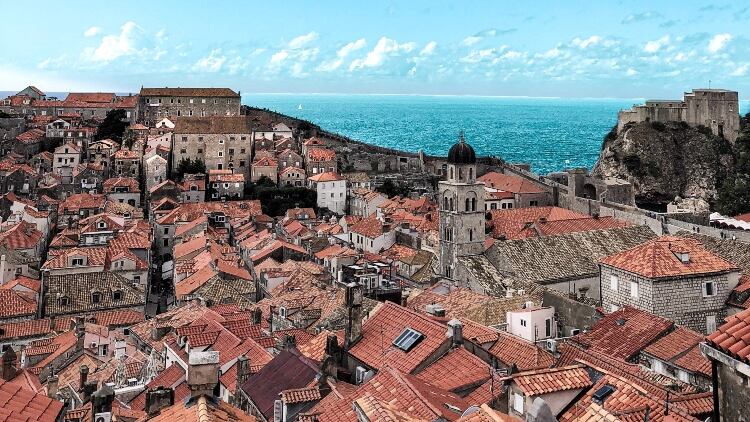
Czech Republic – The Czech Republic entered the highest levels of its nationwide anti-epidemic alert system on 27 December and will remain there until 10 January.
This includes a night-time curfew between 9pm and 4.59am during which time only essential journeys or those to meet “basic needs” are permitted.
What’s more, a state of emergency will remain in place until 22 January.
Hospitality businesses are temporarily closed, but takeaway operations can function between 5am and 8.59pm. Alcohol consumption in public places is also banned.
Denmark - A series of nationwide measures will apply in Denmark until 28 February as a result of rising infection rates, with a period of stricter measures recently lifted on 3 January. Hospitality businesses remain closed but can still run takeaway operations.
Estonia – Estonia imposed a “10+2 rule” on 16 November, meaning that a maximum of ten people can gather in catering, entertainment and cultural venues if a 2m social distancing policy is applied.
Alongside the introduction of its mixing restrictions in November, restaurants, bars, cafés were ordered to close between midnight and 6am with the exception of takeaway services.
Additionally, a late-night ban on alcohol sales between midnight and 10am is currently in place.
Finland – In provinces facing the highest number of Covid-19 cases, hospitality venues must stop alcohol service by 10pm – though all venues are allowed to remain open until midnight. Restaurants can only operate at 75% capacity, while pubs, bars and nightclubs can only trade at 50%.
In areas where the spread of coronavirus is less severe, restaurants, bars and cafés can serve alcohol until midnight, while capacities and other food and drink services remain unchecked.
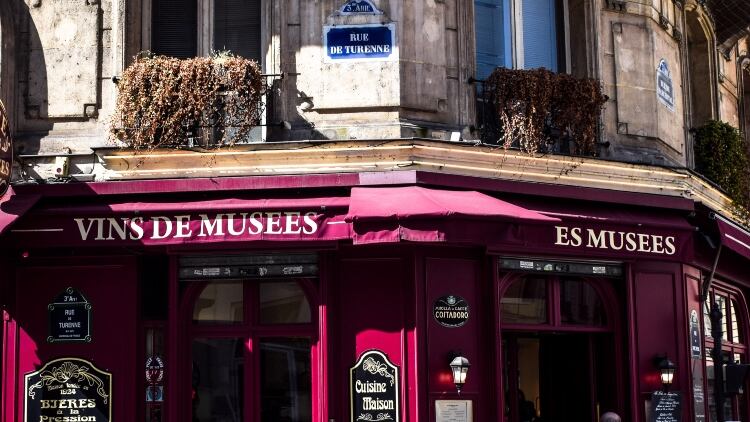
France - As of 15 December, an 8pm to 6am curfew has been in place, with anyone travelling during those hours required to show a certificate authorising their urgent need to travel for reasons including work or study, health or to assist family members.
What’s more, as of 2 January a number of regions were placed under extended curfew measures from 6pm until 6am with anyone violating restrictions facing fines.
Restaurants, bars and cafés must remain closed until 20 January.
Germany - Tougher lockdown measures have been in place in Germany since 16 December and will last until 10 January. These include shop, hairdresser and school closures, as well as a ban public alcohol drinking. Restaurants, bars and cafés are closed except for take-away.
Greece – Greece is currently in the throes of a nationwide lockdown, which has been in place since 7 November and is set to be lifted on 7 January. Anyone looking to leave their homes for essential reasons need to have their movements authorised and a certificate to show for it.
What’s more, as of 13 November, a 9pm to 5am curfew has been in place.
Restaurants, bars and cafés are temporarily closed, however, home delivery and takeaway services are available outside of curfew.
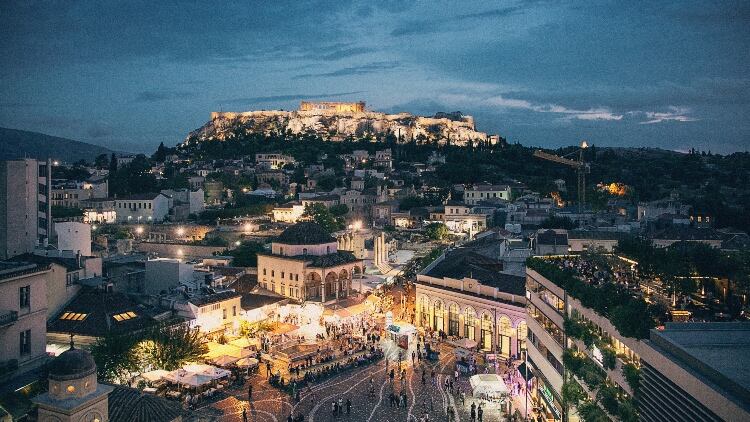
Hungary – Hungary imposed a curfew between the hours of 8pm and 5am on 11 November, with only essential movement – work, health, dog walking within 500m of your home – permitted.
As part of this, restaurants, bars and cafés are temporarily closed with only home delivery and takeaway options in operation.
Iceland - Restaurants in Iceland have to close at 9pm and can only host up to 10 customers under a 2m distancing policy. Pubs, bars and cafés are closed though home delivery is allowed after 9pm.
Italy – Between 23 December and 7 January, bars, pubs, restaurants, ice cream shops, pastry shops, pizzerias, self-service restaurants and delicatessens in low-risk areas are allowed to trade between 5am and 6pm. A maximum of four people can sit at the same table – unless they’re from the same household – while takeaway and delivery operations are permitted before 10pm.
However, in regions considered medium or high-risk hospitality businesses have been shuttered – though as with low-risk regions takeaway operations are allowed.
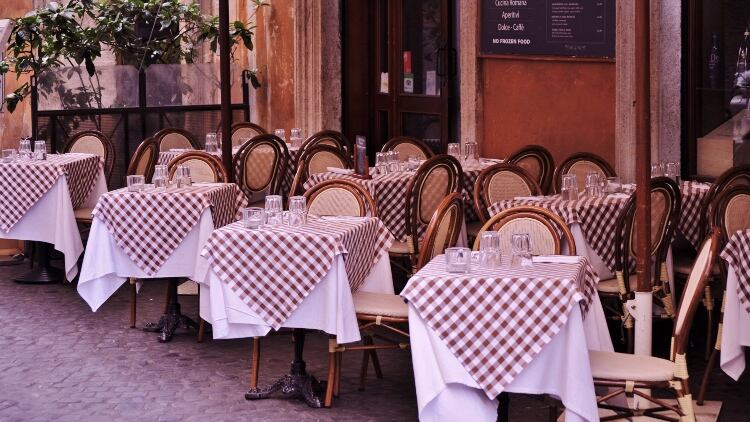
Latvia - Restaurants, bars and cafés can only provide takeaway services in Latvia.
Lithuania – Hospitality businesses are closed in Lithuania except for takeaway or delivery operations.
Luxembourg - Restaurants, bars and cafés in Luxembourg are closed to the public – though school and university canteens are exempt from this with takeaway, drive-through and home delivery services are also still available.
Malta – Hospitality venues are open in Malta provided that they only host one guest per six square metres indoors and one customer per four square metres outdoors. What’s more, a maximum of 10 people can sit at the same table with a distance of at least two metres required between tables. Face masks are mandatory.
Netherlands - Restaurants, cafés and outdoor seating areas are closed in the Netherlands, though takeaway businesses are still allowed to operate. Night clubs and similar venues are also closed, while venues with multiple functions must close the area that serves food and drink.
What’s more, between 8pm and 7am no alcohol may be sold or delivered.
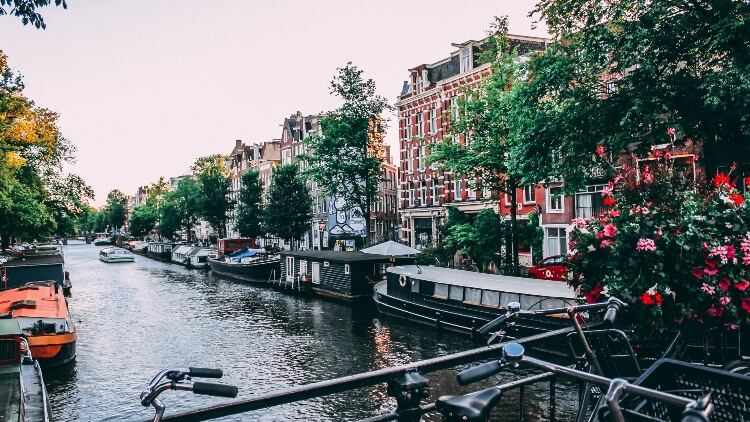
Norway – Norway’s restaurants, bars and cafés remain open, however seated guests must maintain one metre distance – apart from members of the same household – and supply their details for contact tracing.
In areas of higher risk, additional measures such as a ban on alcohol sales after midnight and/or 10pm closure are also in place.
Poland – Hospitality businesses can only provide takeaway and delivery services in Poland.
Portugal – A series of regional restrictions have been imposed in Portugal, with residents of very high and extreme risk areas encouraged to stay at home as much as possible, with an 11pm until 5am curfew in place during weekdays, and a 1pm until 5am curfew in place during weekends. During curfew, people may only leave home for “strictly essential” needs.
In areas not considered high risk, however, hospitality venues can host 50% of their usual capacity in maximum five person groups until midnight but must close by 1pm. Pre-booking is mandatory. In higher risk areas, restaurants, bars and cafés must shut before 10.30pm.
Slovakia – A partial lockdown has been in place in Slovakia since 24 October under which indoor hospitality businesses are closed.
Restaurants, bars and cafés are allowed to trade on outdoor terraces between 5am and 10pm, however, provided tables are placed two metres apart, customers wear face masks while temporarily indoors, tables and surfaces are disinfected after every use and only packaged food and drink are served.
Slovenia – Though restaurants, bars and cafés in Slovenia are closed, they are still allowed to operate takeaway and delivery services. Food and drink service areas in hotels and other accommodation are permitted to guests only between 6am and 10.30pm.
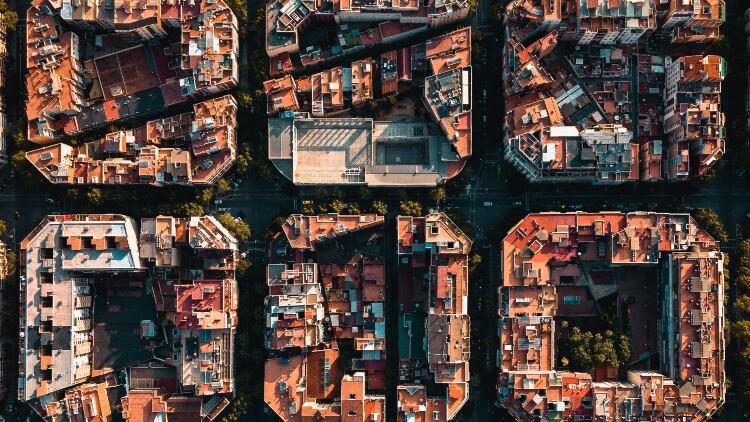
Spain – A nationwide curfew between 11pm and 6am is currently in place in Spain – excluding the Canary Islands – with autonomous regions able to change their area’s start time.
Restaurants, bars and cafés are operating with limited opening hours depending on their region. While some have been ordered to close completely, takeaway and delivery services are still widely in operation.
Social distancing of 1.5m is mandatory in hospitality venues, with table capacity capped at 10 guests. All night clubs are closed.
Sweden – Sweden’s restaurants, bars and cafés are allowed to offer takeaway food and table service provided guests adhere to physical distancing policies. From Christmas Eve, venues must host a maximum of four people per table.
Until 23 December, alcohol sales were banned between 10pm and 11am, however from Christmas Eve bars and restaurants were banned from serving alcohol after 8pm.
Switzerland – Switzerland’s federal government tightened its Covid-19 restrictions on 22 December, stating that restaurants, bars and cafés must offer table service only and to a maximum of four people per table. Face masks are also mandatory, with one person per table required to provide contact details. While all venues are required to close at 7pm, recent exemptions were made for Christmas Eve and New Years Eve, when they were allowed to remain open until 1am.

